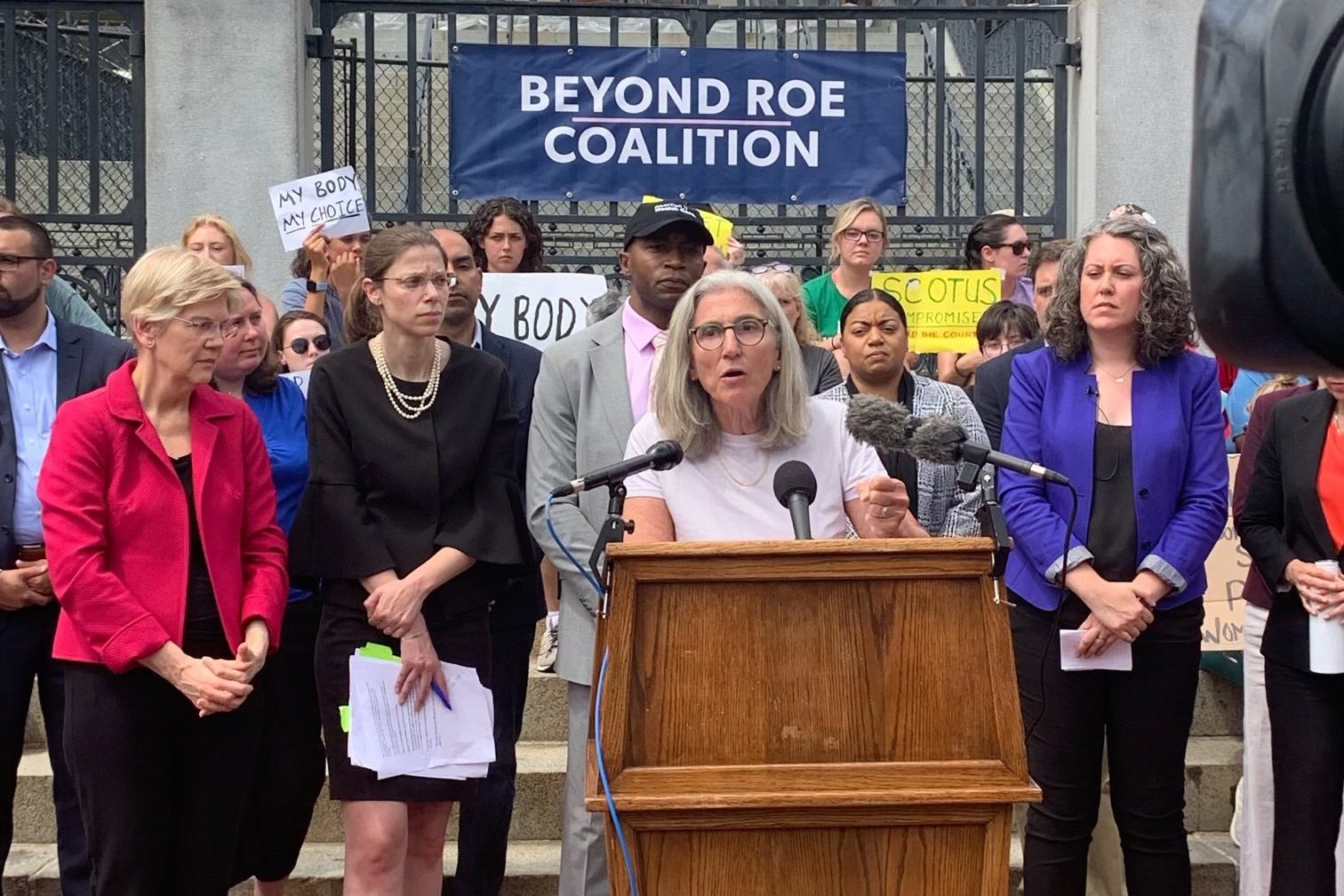Letter outlines work the Senate has done to respond to harmful actions by the federal government
(BOSTON—12/5/2025) Today, Senator Cindy F. Friedman (D-Arlington) sent a letter to her colleagues in the Massachusetts Senate providing an update on actions taken as part of the Senate’s Response 2025 initiative. Response 2025 is guided by the Senate Committee on Steering and Policy, which is chaired by Senator Friedman, and focuses on identifying and elevating policies that protect Massachusetts residents, defend the values of the Commonwealth, and lead the state through this challenging time.
“In the first year of this legislative session we have made great progress in responding to the actions of both the Trump Administration and Congressional Republicans that would have a significant negative impact on Massachusetts and its residents,” said Senator Friedman. “The role of the Senate Committee on Steering and Policy is to work with Senate members to identify policy solutions that will mitigate potential harm and safeguard residents from threats or negative impacts of federal policy and funding changes. The letter sent to Senate members provides a list detailing Response 2025 policies that have received action on the Senate floor. It’s important for the Commonwealth’s residents to know that they have elected representation committed to fighting back against the Trump Administration’s harmful, often unpredictable policies, and this work will continue in the second year of this legislative session.”
The letter to Senate members can be found on the Senate Committee on Steering and Policy’s webpage, directly linked here. … Read more.


